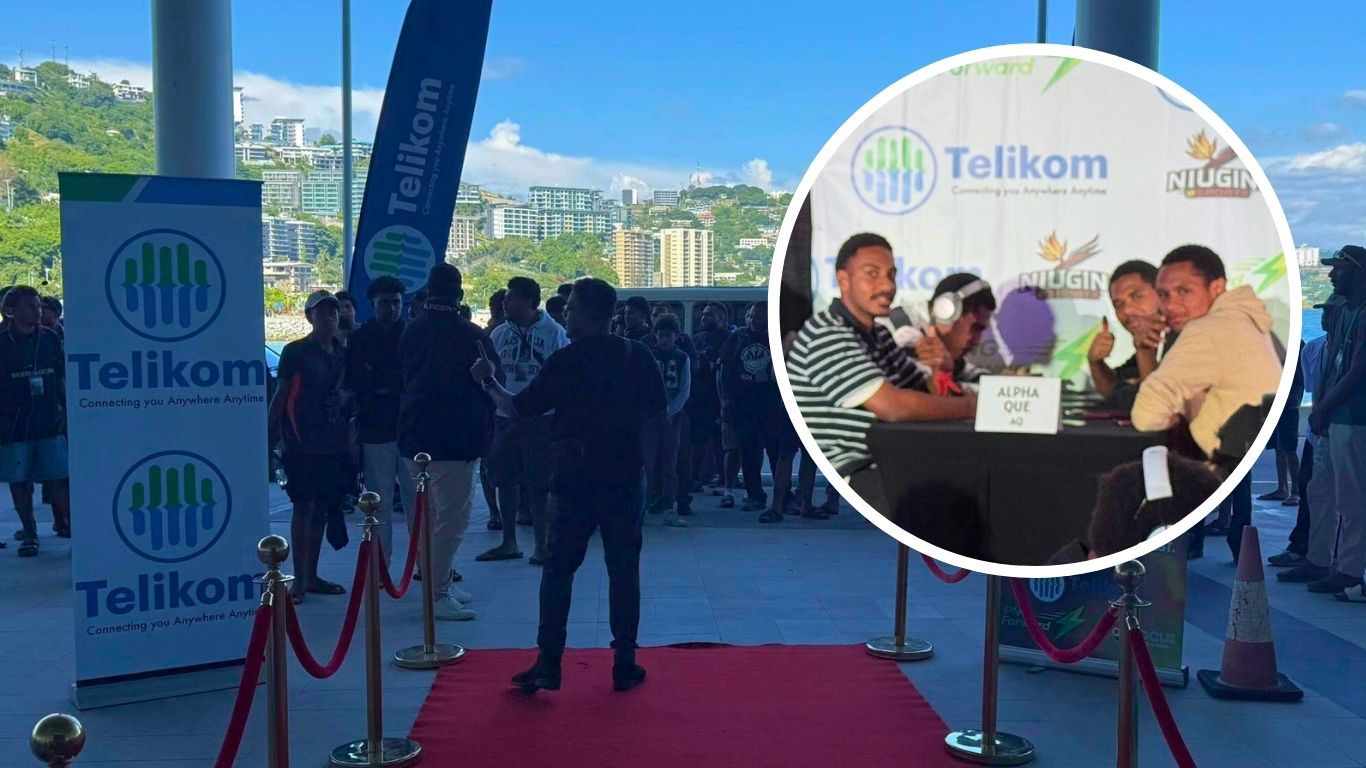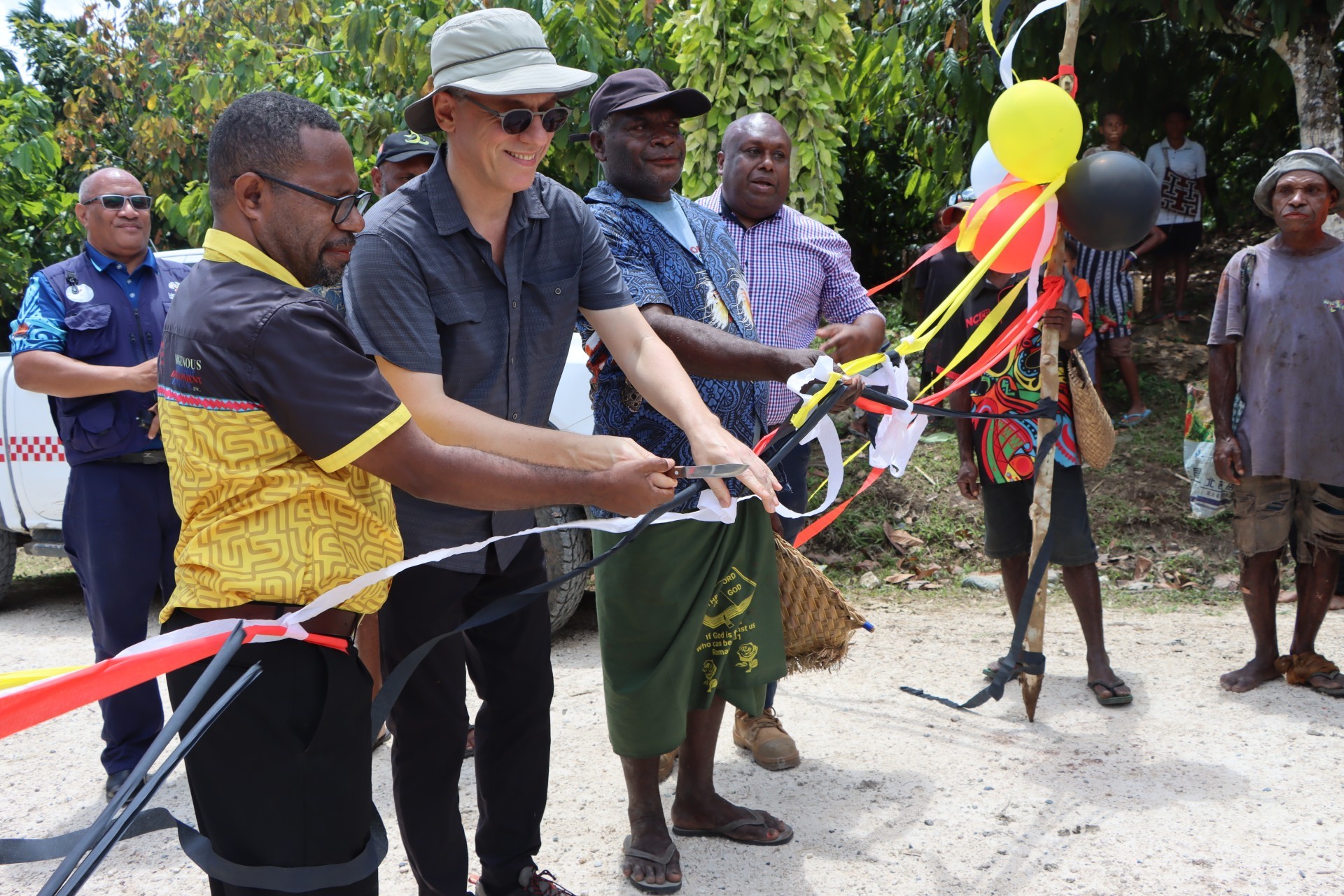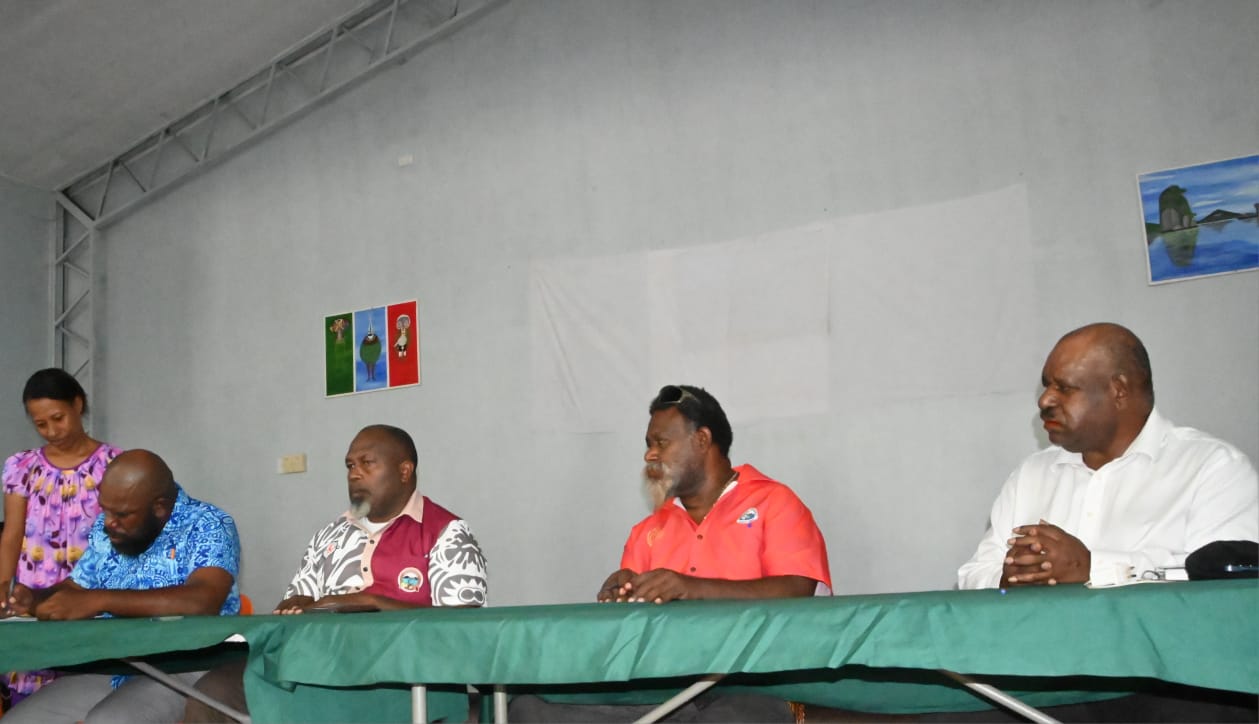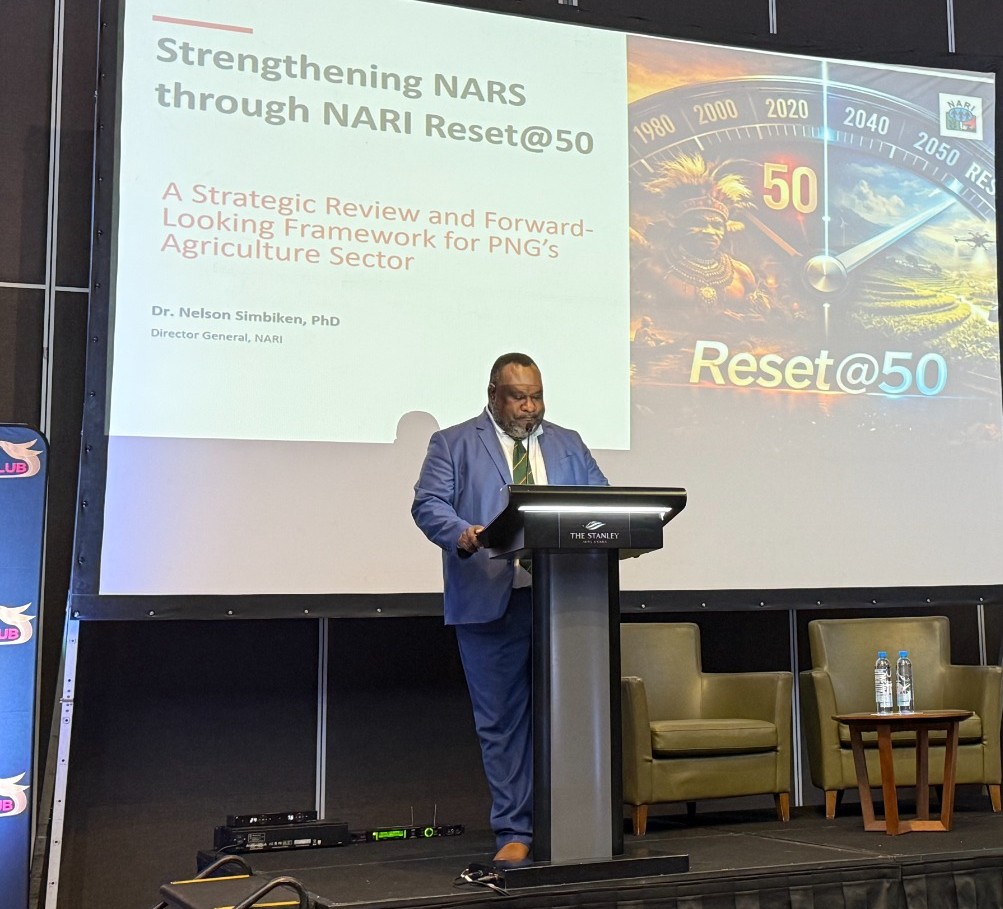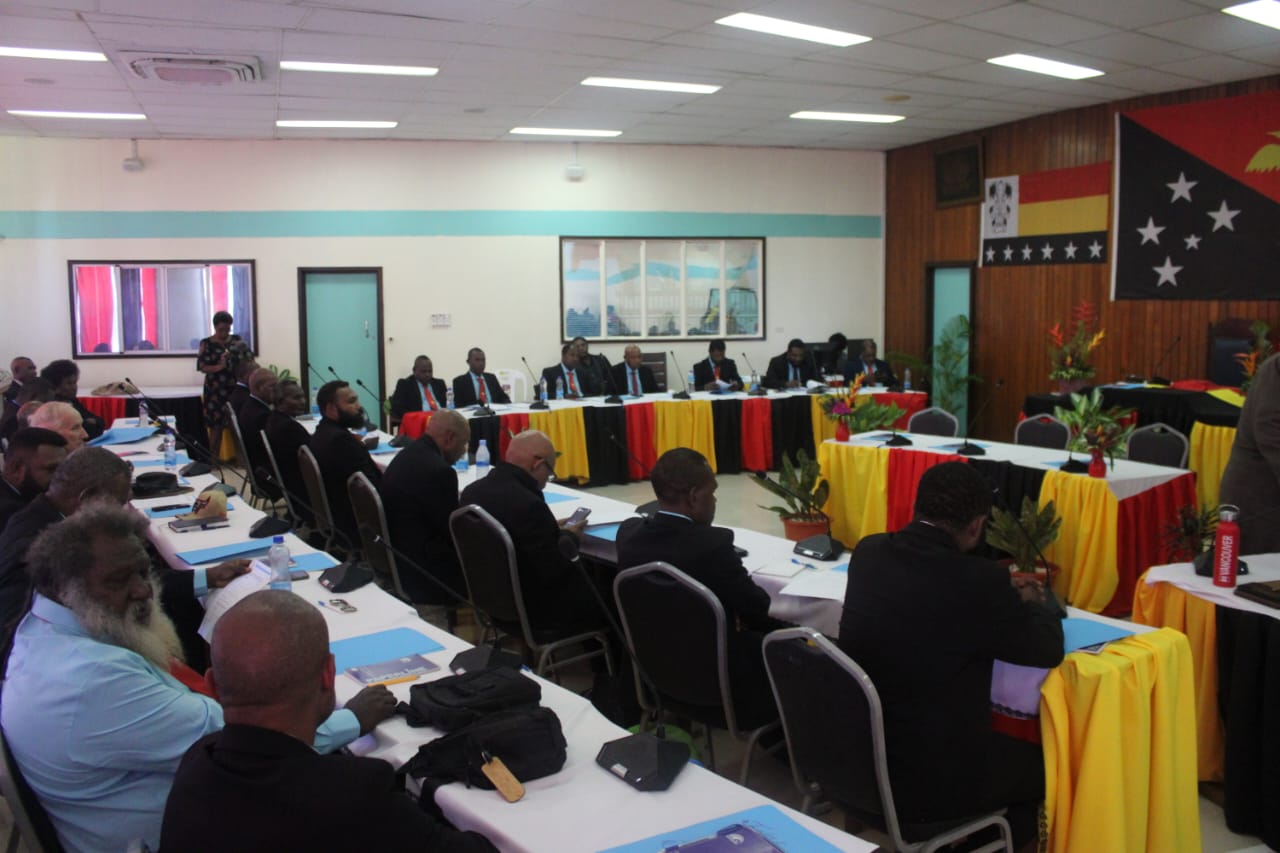NEWS
CALL TO ACTION ON SORCERY ACCUSATION-RELATED VIOLENCE
![]() By Jordan VELA |
November 25, 2024
By Jordan VELA |
November 25, 2024

Related News
LATEST NEWS
